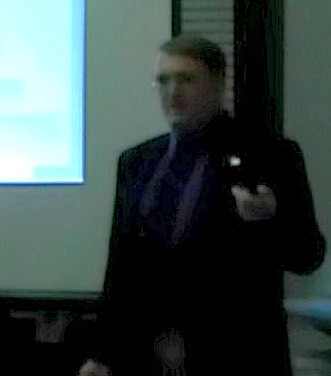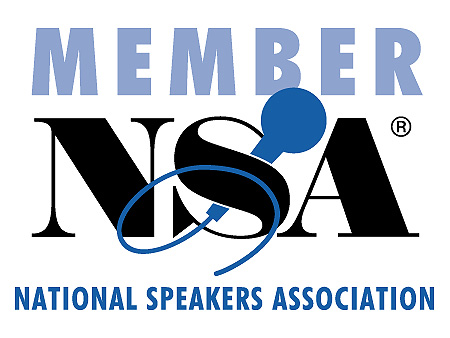 Send to Kindle
Send to KindleIn a recent blog by Greg Satell at Digital Tonto, he writes about how so many people hold themselves out as experts when in fact, they really aren’t. He complains that too many of these people don’t have the experience and haven’t done the work to truly be experts. Though he is talking about the social media market, his comments apply to leadership training as well. There are a lot of “experts” out there who really aren’t.
Why? What leads people to hang out their shingle and begin distributing whatever snake oil they may have to sell? Quite frankly, it’s us! The market decides whether people stay in business or not. Experts only become known when people buy what they selling. And people want to buy what is new.
I once had an article rejected by a publisher who stated that I was offering nothing new. He considered himself an expert because he read extensively on the subject of leadership. Now to be fair, his biography indicated that he had some practical experience as well, but it was the comment about reading that really struck me. Because he was familiar with all the sources concerning leadership and leadership development, he completely missed the point that there are lots of people in leadership positions out there who aren’t even familiar with the basics. But, no one wants to be bothered with such mundane stuff. Instead they want something shiny and new that hasn’t been seen before. So, in order to sell books, experts in all fields think they need to constantly invent new stuff that is ever more complex, and quite often worthless.
I’ve seen a lot of management and leadership fads come and go. They all had good points, some better than others. What they all had in common though is that they sold books. Lots of books. You can find those books today in yard sales and on the deep discount clearance table at the book store. You see, most of these went way beyond the basic leadership concepts that most readers didn’t know. Ironically, many of them were really plain common sense bundled in new words, clever formulas, and not a little bit of hyperbole.
Also, interestingly, many of these new ideas and theories were proposed by people who did a lot of observing, but not a lot of doing. I can tell you from experience that observing and studying is critical. Without a little practice to learn when and where what you studied works and doesn’t work though, you’ve only got half the equation.
As Satell says, there are a lot of folks out there offering stuff they are not really experts on. And they will continue to because there are other folks out there who think nothing is worth looking at unless it has a recent date and lots of information that sounds pleasing, yet sufficiently complicated. By all means, continue searching, there is good stuff out there and certainly lots to learn. Use caution though. Check out the person who claims to be an expert. Does he or she have the credentials to back it up. “I wrote a book” is not sufficient. “I have XX years of experience and wrote a book about YYY is better. Do a little due diligence and spare your organization the pain of jumping on the next bandwagon.
If you’d like to read Satell’s post, it’s at http://www.digitaltonto.com/2010/6-ways-to-spot-false-gurus/. And yes, I did a little checking on his credentials.



